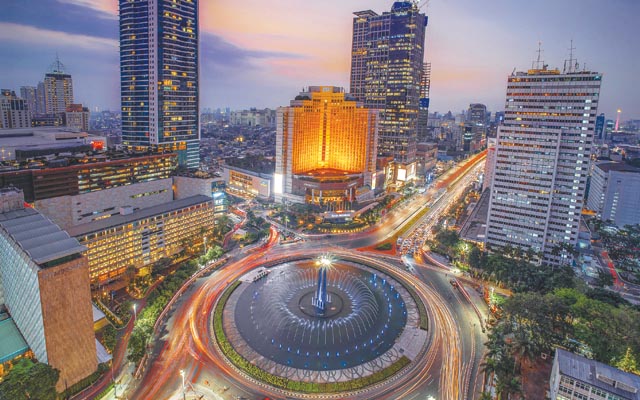The Jakarta provincial government is introducing a temporary tax reduction for the city’s hospitality sector, a move welcomed by hoteliers as timely relief amid rising costs and sluggish demand.
Under the governor, hotels will receive a 50 per cent tax reduction from late August to September, dropping to 20 per cent from October to December. Restaurants will benefit from a 20 per cent cut across the same period.

To qualify, hotels must commit to submitting transaction data electronically through the city’s E-TRAPT system, which officials say will ensure transparency and accountability.
Jakarta governor Pramono Anung stated the policy was introduced after careful calculation and positioned it as both recognition and strategy.
He said: “Jakarta’s tax receipts from hotels and restaurants are already 14 to 15 per cent above the national average. This relief helps businesses continue to operate and grow.”
The policy is set to remain in place until the end of the year, with a review scheduled to determine whether it should be extended into January 2026.
Hoteliers say the impact is already being felt. Amanda Irawan, chairman of the Jakarta chapter of the Indonesian Hotel General Managers Association, said the immediate benefit was stability in day-to-day operations.
“Occupancy is still lower than last year, while costs climb higher. The incentives help bridge that gap, enabling us to keep service levels steady, protect jobs, and look beyond immediate challenges,” she said.
For Parveen Kumar, vice chairman of the Jakarta Hotel Association, the most valuable aspect is financial breathing space. “Cash flow is the lifeblood of hotel operations, and the relief eases immense pressure. It also helps us manage rising utility and waste management costs, which have been difficult to absorb,” he explained.
Kumar added that the flexibility created by the savings allows hotels to look beyond survival.
“With better cost management, we can compete more effectively through promotional offers or value-added packages, stimulating demand while protecting margins. Guests benefit from more affordable choices, and hotels are able to sustain business.”
Both Kumar and Irawan agreed the policy might not solve every challenge but signalled a clear commitment from the government to support the sector.
As Kumar put it: “It shows that Jakarta is backing its hospitality players, giving the industry confidence to move forward.”


















